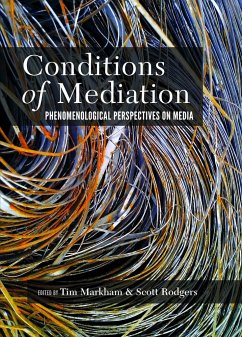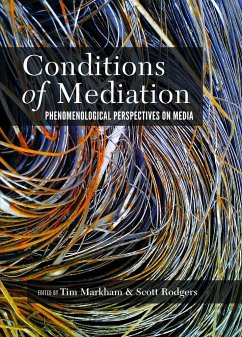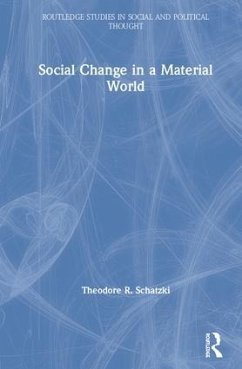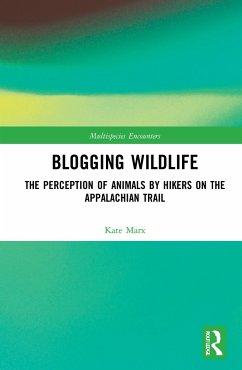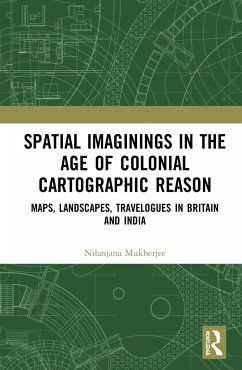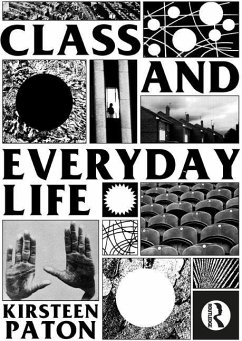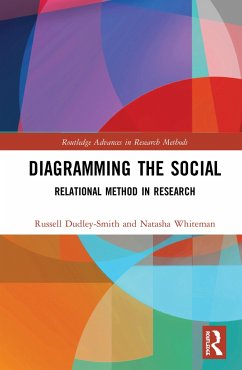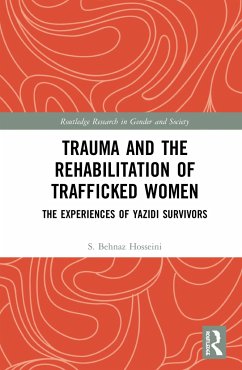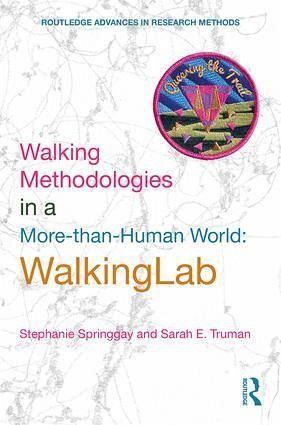
Walking Methodologies in a More-than-human World
WalkingLab
Versandkostenfrei!
Versandfertig in 1-2 Wochen
189,99 €
inkl. MwSt.
Weitere Ausgaben:

PAYBACK Punkte
95 °P sammeln!
This book extends existing walking research to think beyond the human as the privileged mode of moving from point to point, of being affected, and the 'how' of doing research. Analysing new types of walking methodologies, this volume will appeal to scholars and researchers with interests in research methods and education.





